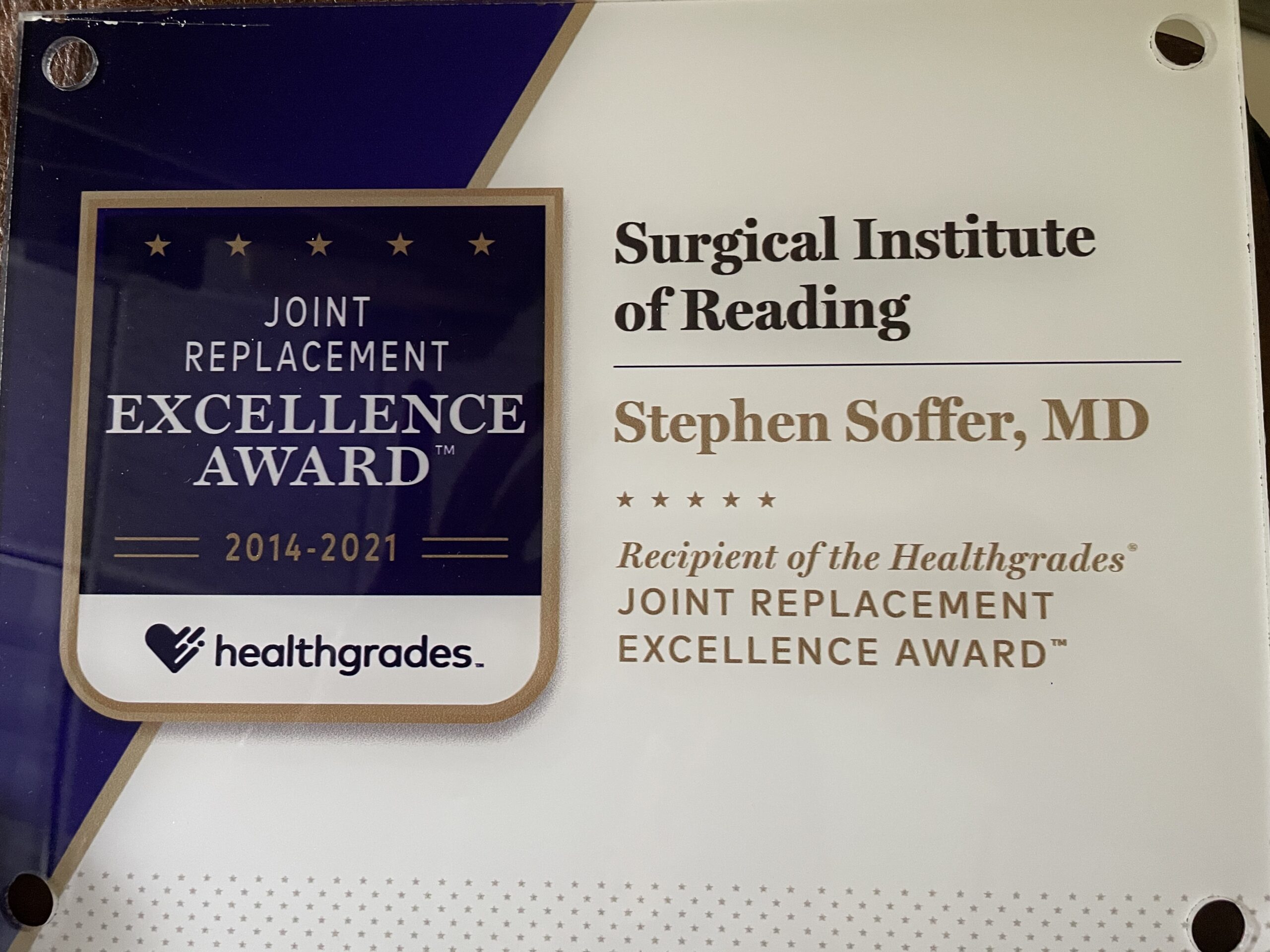Sports injuries, aging and overuse of the shoulder joint can all potentially lead to pain, discomfort, stiffness, swelling and decreased function in the shoulder. Living with persistent shoulder symptoms at any age can affect your quality of life. If symptoms are more severe, they may even keep you from performing your occupation or participating in hobbies you love. Finding a skilled, compassionate shoulder pain doctor near me early on can help you avoid worsening symptoms, resolve your shoulder issue and get back to living a pain-free life. In this article, we’ll offer guidelines for selecting the most qualified orthopedic specialist to treat a shoulder problem.
How to Find the Best Shoulder Pain Doctor Near Me
- Choose an orthopedic surgeon – In many cases, shoulder injuries and conditions can be effectively managed with nonsurgical treatments. However, operative intervention is sometimes needed to fully alleviate symptoms. Just in case conservative methods fail to abate your shoulder symptoms and you decide to undergo surgery, you’ll want to be under the care of an orthopedic surgeon. This way, you won’t have to switch providers, and your shoulder specialist will already be familiar with your unique situation and treatment plan.
- Look for someone with board certification – In order to become board certified in their field, a medical professional must pass a specialty-specific exam. In turn, having this certification confirms that the doctor is equipped with the specialized knowledge and skills needed to offer the highest level of care.
- Find someone who’s committed to your recovery – For any type of shoulder condition or injury, prompt treatment is essential to avoid further cartilage damage and increasing severity of shoulder symptoms. Thus, it’s key to see a shoulder specialist who takes your issue seriously and is dedicated to providing an accurate diagnosis and cutting-edge treatment right away.
Dr. Soffer Offers World-Class Shoulder Care with Personalized Attention
Patients seeking the top shoulder pain doctor near me in the Reading, PA area can entrust Dr. Stephen Soffer with their care. Among his extensive qualifications, Dr. Soffer has received board certification from the American Board of Orthopedic Surgery and completed a sports medicine fellowship with world-renowned sports surgeon Dr. James Andrews.
To help you resolve your shoulder issue, Dr. Soffer will take your personal circumstances into account and guide you to the most appropriate course of treatment for your individual case. Call our office at 610-375-4949 to arrange a time to meet with Dr. Soffer and get on the road to recovering from your shoulder problem.


 Often, injuries and conditions involving the shoulder joint can be treated without surgery. However, if conservative treatment fails to resolve symptoms, shoulder surgery may be the next recommended step. How long does shoulder surgery take, typically? This is among the questions patients frequently ask when considering surgical treatment for a lingering shoulder issue. Let’s discuss the timeline you can reasonably expect for preoperative preparation, the actual procedure and postoperative recovery.
Often, injuries and conditions involving the shoulder joint can be treated without surgery. However, if conservative treatment fails to resolve symptoms, shoulder surgery may be the next recommended step. How long does shoulder surgery take, typically? This is among the questions patients frequently ask when considering surgical treatment for a lingering shoulder issue. Let’s discuss the timeline you can reasonably expect for preoperative preparation, the actual procedure and postoperative recovery. Knee pain and dysfunction can plague everyone from young athletes to older, less active individuals. Fortunately, there are a wide range of treatments available to help alleviate discomfort and restore normal knee function. If first-line, nonsurgical treatments fail to provide sufficient relief,
Knee pain and dysfunction can plague everyone from young athletes to older, less active individuals. Fortunately, there are a wide range of treatments available to help alleviate discomfort and restore normal knee function. If first-line, nonsurgical treatments fail to provide sufficient relief,  Stenosing tenosynovitis – more commonly known as trigger finger – is a painful condition marked by an inability to move one’s finger or thumb from a bent position. Trigger finger can affect anyone, although it is particularly common in those who use their hands and grip objects repeatedly for a job or hobby. The condition may be isolated to a single finger or thumb, or it may affect multiple digits on one or both hands. This article will explain how to recognize trigger finger symptoms and find effective treatment that will help to resolve them.
Stenosing tenosynovitis – more commonly known as trigger finger – is a painful condition marked by an inability to move one’s finger or thumb from a bent position. Trigger finger can affect anyone, although it is particularly common in those who use their hands and grip objects repeatedly for a job or hobby. The condition may be isolated to a single finger or thumb, or it may affect multiple digits on one or both hands. This article will explain how to recognize trigger finger symptoms and find effective treatment that will help to resolve them.
 The shoulder is a ball-and-socket joint made up of tendons, muscles and bones. Lining the socket is a cup-shaped piece of supportive, stabilizing cartilage called the labrum. One of the most common injuries affecting the labrum is a SLAP (Superior Labrum Anterior and Posterior) tear. As implied by the name, both the front (anterior) and back (posterior) portion of the labrum are involved in this injury. Depending on the severity, SLAP tear shoulder pain can be quite intense. Additionally, a SLAP tear may cause decreased strength and mobility in the affected shoulder.
The shoulder is a ball-and-socket joint made up of tendons, muscles and bones. Lining the socket is a cup-shaped piece of supportive, stabilizing cartilage called the labrum. One of the most common injuries affecting the labrum is a SLAP (Superior Labrum Anterior and Posterior) tear. As implied by the name, both the front (anterior) and back (posterior) portion of the labrum are involved in this injury. Depending on the severity, SLAP tear shoulder pain can be quite intense. Additionally, a SLAP tear may cause decreased strength and mobility in the affected shoulder.